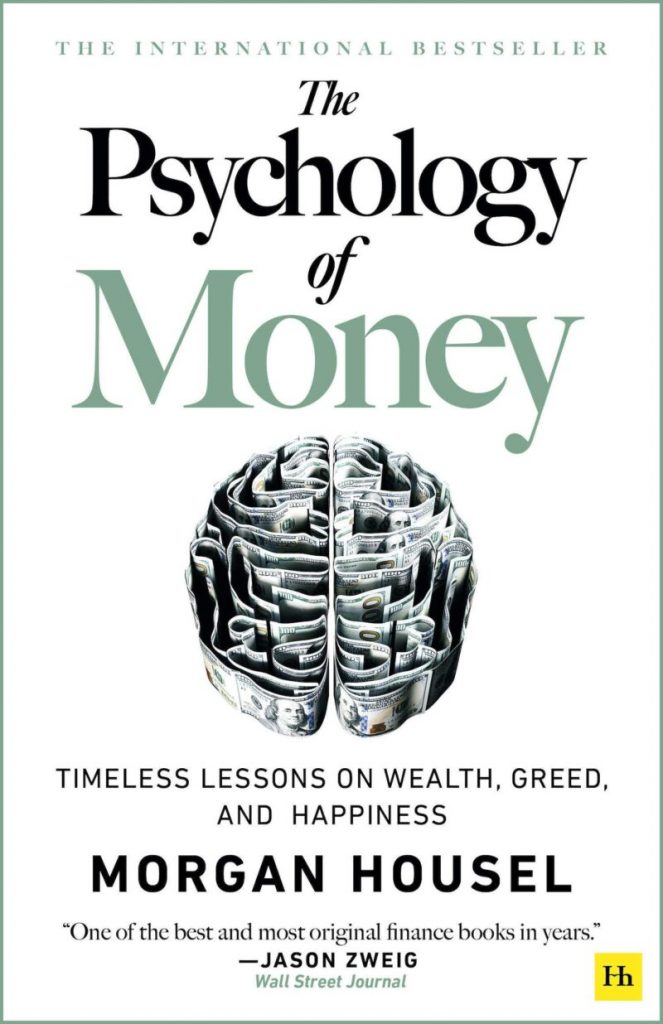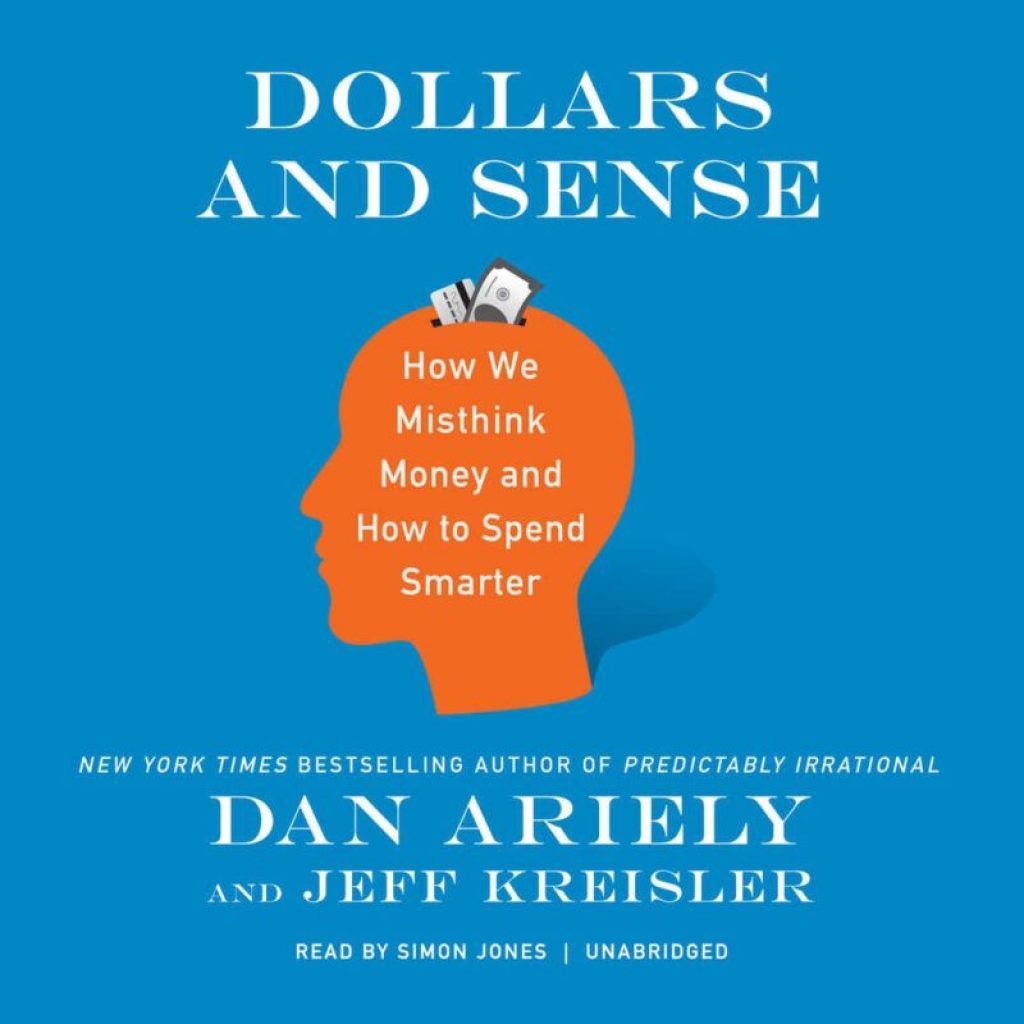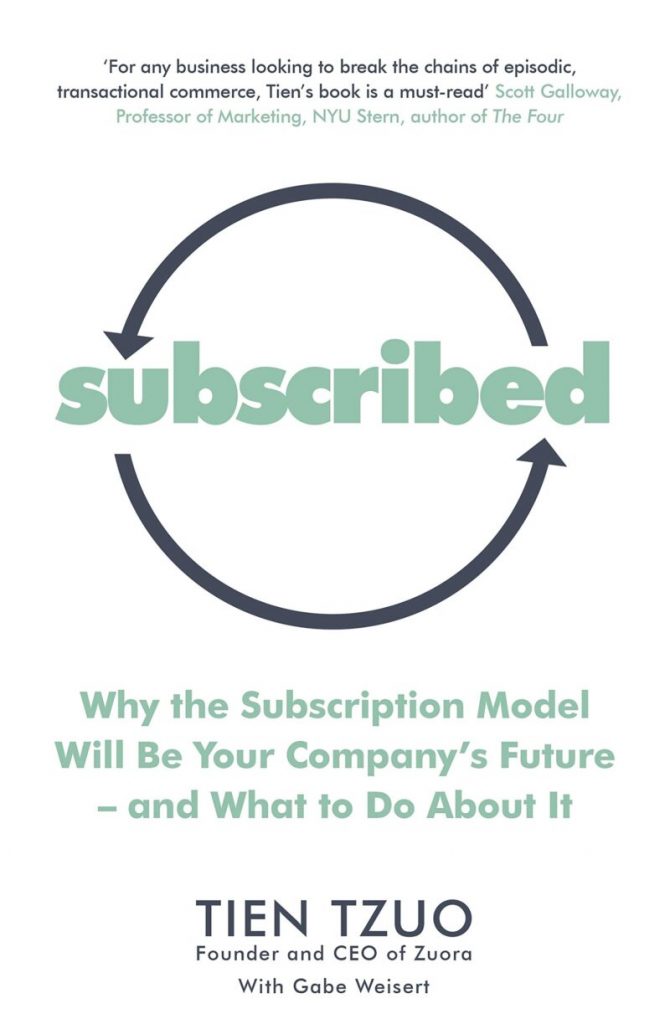Some of the world’s richest people have one thing in common: it is their appreciation for reading. Taking reference from self-made billionaire Warren Buffett, he is known to spend 80% of the time reading. He spends 5 to 6 hours a day reading 5 newspapers and 500 pages of corporate reports. He is not alone in this. Bill Gates, Mark Zuckerberg, Elon Musk, Mark Cuban and many others are known for their reading habit.
Today, I invite you to the opportunity of reading. I want to share with you the 3 finest financial books to read before 2020 ends to prepare you financially for 2021.
The Psychology of Money by Morgan Housel

It is very human of us to be attracted to the best strategies and the highest ROI. In 2020, we are looking at the surge in Bitcoin, SaaS companies and also Tesla. Morgan shares with us in his international bestseller that even if the economy may change, but we as humans remain the same. The lessons in the book are timeless and can be applicable even 20 years later. One of my favorite concepts that is shared in the book is about “Reasonable > Rational”. In a cold finance world where numbers hold the absolute truth, Morgan talks about finance in a very human way. One of the examples given in the book is that we should not pay off our housing loan fully but should extend it for as long as possible as we are in the low interest environment (it is cheap to borrow now). We should then invest the rest hopefully at a higher interest rate. However, Morgan suggests that it is okay to pay off your housing loan if you feel it is “reasonable”. This is because you are paying for a peace of mind and the feeling of being debt free. This feeling of happiness and freedom cannot be measured in dollars and cents. I agree with Morgan that finance is a human subject rather than a number subject. There are many things that just cannot be measured by numbers alone.
Dollars and Sense by Dr Dan Ariely

I love this book because it talks about the fundamentals of personal finance. It seeks to explain why we find it so hard to save and the many “evil” cues in life that makes us so bad at money. Even though we are highly educated now, we are still unable to manage money better. The content of the book draws reference from our human psychology and how we are set up for failure when it comes to money. One of my favorite concepts is the power of anchoring. It explains how marketers’ price their products and service and how to profit from them. Take example, it is very hard to value or price an item unless there is a reference point to it. The power of anchoring creates an initial reference which makes it very difficult to for people to move too far away from that initial reference. Marketers use this technique and set a high price (example $79.90 before discount) and then slashing the price downwards (example $39.90). The initial anchor creates a reference on how much an item is “worth” and make $39.90 seems like a bargain. This is one of my favorite books out there.
Subscribed by Tien Tzuo

We are looking in a shift in business model. We are living in a world where subscription takes up a good portion of our spending. Take some time now and think about what kind of subscriptions you have today. Do you have insurance premiums, your Netflix subscription, your Google Drive subscription, Spotify subscription, Adobe subscription, Microsoft subscription or any other subscription? The world is shifting towards a subscription model and the way to form your valuation becomes important when you are investing in those companies. Tien Tzuo is able to explain complex valuation concepts into very simple digestible information to help you understand how to invest companies with this new business model.
Final Thoughts
In the many books that I have read in 2020, these 3 gave me the greatest impact and I hope they can do it for you too. Wishing you the best for the remaining of 2020. Let’s look forward to a great 2021.
This article is written by Chengkok, Founder of Wealthdojo.
He advocates continuous learning and dedicates a small amount of time daily sharing financial information on his Telegram Channel for people to learn. Join his Telegram Channel for a tip a day.






